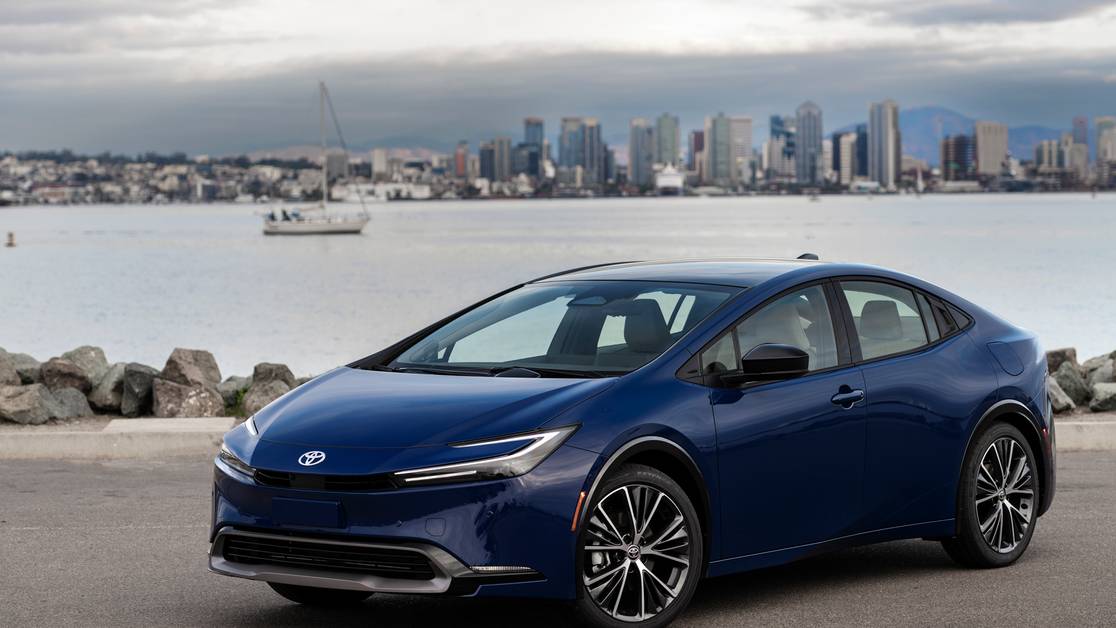Green Wheels: The Eco-Truth Behind Hybrid Cars Exposed

In the evolving landscape of automotive technology and environmental sustainability, hybrid vehicles are emerging as a promising solution for ecological conservation. These innovative vehicles are gradually shifting from a niche market to a mainstream choice, bridging the gap between traditional combustion engines and fully electric transportation.
Hybrid technology represents a strategic approach to reducing carbon emissions while providing consumers with a practical and efficient driving experience. By combining the reliability of gasoline engines with the eco-friendly benefits of electric power, hybrids offer a compelling compromise for environmentally conscious drivers who are not yet ready to fully transition to electric vehicles.
The automotive industry is witnessing a significant transformation, with manufacturers investing heavily in hybrid technology. This commitment is driven by increasing environmental regulations, growing consumer awareness, and a genuine desire to mitigate the impact of transportation on climate change. As battery technologies improve and production costs decrease, hybrids are becoming more accessible and attractive to a broader range of consumers.
Moreover, hybrids provide an immediate and tangible way to reduce carbon footprints without the range anxiety often associated with fully electric vehicles. They represent a pragmatic stepping stone towards a more sustainable transportation future, offering a balanced solution that addresses both environmental concerns and practical driving needs.
